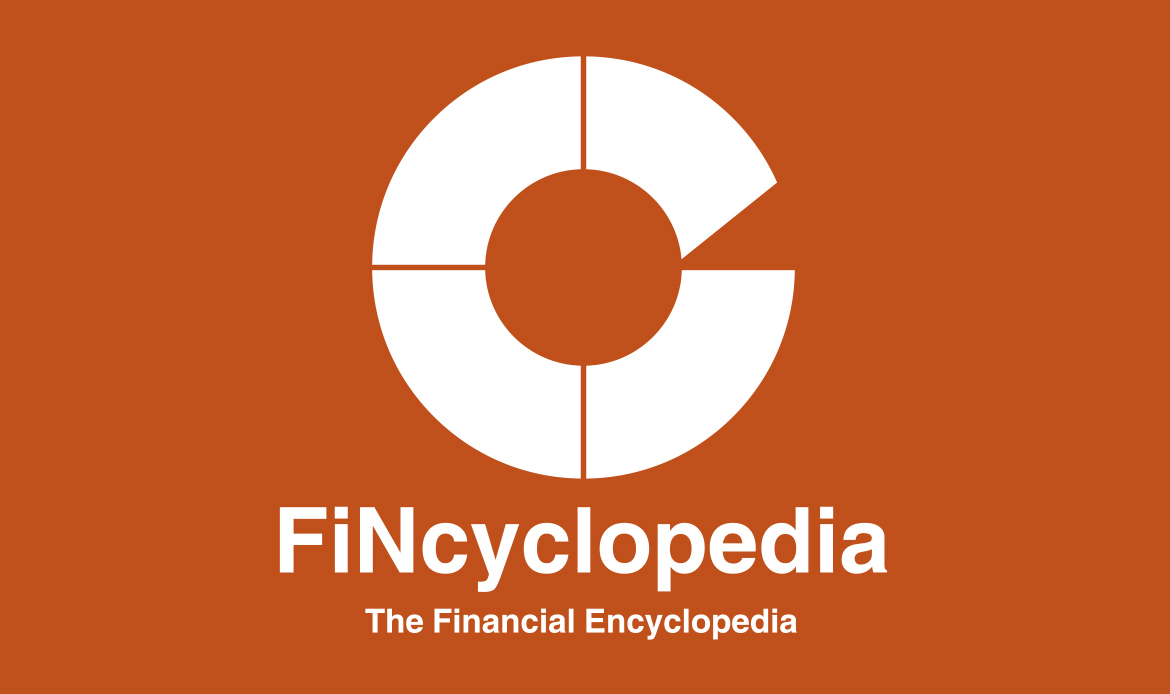Alternative assets are a category of assets/ investments that do not belong to the traditional or classic asset classes. More specifically, alternative assets are all different ones other than equities (stocks, shares of funds, etc.), fixed-income securities, and cash assets (e.g., fixed deposits).
Such assets exhibit certain characteristics including limited or short investment history, illiquid/ inactive (or non-existent) secondary market, exotic performance patterns, need for specialized management skills.
Alternative assets are often attractive to investors because of their potentially high returns, in addition to their ability to provide for diversification away from traditional assets, and hence its their potential of reducing the overall risk associated with a set of assets (as part of a portfolio or fund).
The main types of alternatives or alternative assets are:
- Real estate.
- Commodities.
- Private equity.
- Currencies.
- Hedge fund shares.
- Exchange traded funds (ETFs).
- Distressed securities.
- Infrastructure.
- Volatility products.
- Credit derivatives.
- Managed futures.
- Collectibles.
- Tokens and cryptos.






